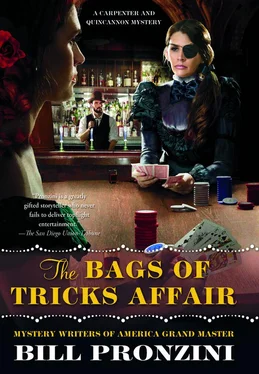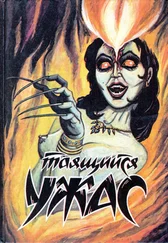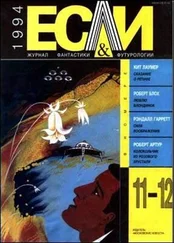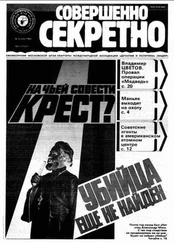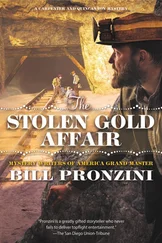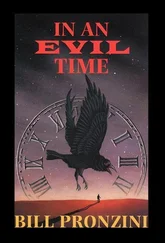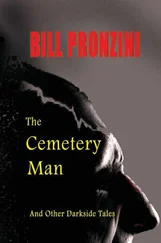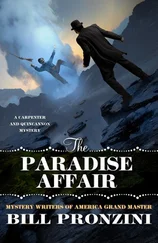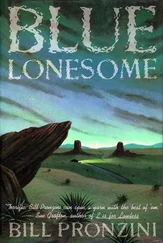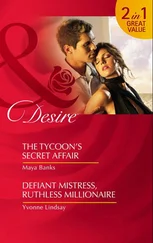When the letter was finished, she reread Jackson Pollard’s missive. There was a certain urgency in the injury claim, he’d written, so if they were available, a consultation at their earliest convenience was required. Sabina cranked the handle on the wall telephone, gave the Exchange operator the number of Great Western Insurance. It took five minutes for a connection to be made, as sometimes happened with Mr. Alexander Graham Bell’s invention, still in its infancy. She spoke to Pollard’s secretary; he had already left for the day, but he had left word that he would be in his office until noon tomorrow. She scheduled a meeting with him for ten o’clock. If John had yet to return by then, she would keep the appointment herself.
She wondered what the situation was in Delford. Obviously it had taken longer than he’d anticipated to expose and arrest Leopold Saxe and his cohorts. Whatever the reason for the delay, he wouldn’t remain there a minute longer than absolutely necessary. If he returned on this afternoon’s train, there would be little enough if any time for a lengthy discussion. In order to attend tonight’s supper meeting at the offices of Voting Rights for Women, she would have to leave the agency no later than four-thirty. Home first to feed Adam and Eve and change clothes, then an early arrival at VRW so as to spend time with Amity before the meal and the speeches by the Southern California suffragist delegates.
Thought of food produced hunger pangs, which in turn prodded her out of the office. All she had eaten today was two slices of bread with black currant jam for breakfast, hardly enough to satisfy her until supper. After posting the letter to Miss Lucretia L. Moffit, she crossed the street to Sullivan’s Fish Market. Usually she did her seafood shopping at Tony’s Fish Stand in the open-air California Market, San Francisco’s “entrepôt of foods,” which took up an entire block from Pine to California Streets between Montgomery and Kearney. But there was no time for a trip there today. She would have to make do with Sullivan’s somewhat inferior selection.
She bought two pieces of fresh cod, the cats’ favorite, and for herself a large crab and shrimp cocktail. These she took back to the office, along with a fresh-baked soft pretzel supplied by one of the sidewalk food vendors outside the market. She seldom ate at her desk — never, when John was present — but time constraints made it necessary today.
For the remainder of her time in the office she entered the sum received from Joshua Brandywine in the agency’s financial ledger, along with a notation of the amount paid to Whit Slattery for his services, then wrote a report of her investigation for their files. No messengers or other visitors appeared, nor had John when the hands on the Seth Thomas clock reached four-thirty. Either circumstances had forced him to spend another day in Delford, or the Southern Pacific train from the San Joaquin Valley was late arriving. Should it be the latter, he would come straight to the agency. In case he did, she wrote a brief note to let him know all was well and explaining why she was departing early, and placed it on his desk blotter.
She was fortunate to board a trolley for Russian Hill just as it was about to leave the Market Street station, which gave her a few extra minutes at home to prepare for the evening ahead. Adam and Eve made short work of the cod she’d bought and yowled for more while she changed clothes. She took her time choosing her supper wear, finally settling on a high-necked, floor-length beige dress with leg-o’-mutton sleeves. A beaded purse and a fashionable ivory velvet cartwheel plumed hat completed her ensemble.
The headquarters of Voting Rights for Women was located on Parrot Street. Sabina arrived twenty-five minutes early, which allowed her sufficient time to meet the honored guests and to have a brief private conversation with Amity. Her friend was more than welcoming, the period of awkwardness between them now a thing of the past; they arranged a resumption of their bicycling in Golden Gate Park on Sunday morning.
She had a splendid time at the supper. The food, catered by Amity and another wealthy member of the movement, was plentiful and well prepared; Sabina tucked into it with what Callie termed “delicate gusto.” The speeches by the Southern California delegates were spirited and uplifting, though their absolute certainty that the voting rights amendment would pass in the November election struck Sabina as a shade too optimistic. The mostly male opposition to its passage was also well organized, better funded, and unequivocal in its determination to defeat the measure.
Ten o’clock had come and gone when she left the VRW headquarters. Rather than wait in the hope of hailing a passing hansom to take her home, she boarded a nearby trolley car. This neighborhood was a relatively safe one, as was her own, but it was not always safe for a woman to travel alone on public conveyances at this hour. No one bothered her, however, on the car or when she alighted at her stop half a block from her building.
Streetlights illuminated the otherwise empty sidewalk as she trudged uphill. It was so quiet at this hour she could hear the heels of her Cromwell high-button shoes clicking softly on the pavement. A single-horse brougham, its side lamps dark, its outside driver’s seat empty, was parked in the shadow of an acacia tree at the curb in front. She took less notice of it as she passed by than she should have.
Just as she turned onto the path that led to the porch steps, the creaking sound of someone alighting from the brougham came from behind her. Quick footsteps and a familiar medicinal whiff warned her of the presence of danger. She started to pivot around, to reach into her bag for the Remington derringer — too late.
An arm snaked around her neck, bent her backward, and pinned her against a braced, hard-muscled body. Before she could free the derringer, or make any sort of outcry, a wet cloth slapped over her nose and mouth, its potent reek causing her to gasp and then gag.
Ether!
The voice that said harshly in her ear, “I’ve been waiting for you, Mrs. Carpenter,” belonged to Jeffrey Gaunt.
She struggled desperately, trying and failing to claw the cloth away so she could breathe, to pull loose of his grasp by kicking at his shins. Her senses reeled from the ether; her strength swiftly ebbed. Waves of dizziness overcame her.
Her last memory was of being dragged backward into the darkened brougham.
The reply to his Chicago wire had finally come through when Quincannon stopped again at the telegraph office at nine-thirty Saturday morning, on his way back from a brief visit with the railroad station agent and a private consultation with Marshal Tom Boxhardt. The answers to his questions were all just as he had expected. Now he had all the necessary information he needed to support his deductions.
Two drawbacks prevented him from fully relishing what was about to take place. The delay in receiving the wire was one; the fact that Sheriff Beadle and his deputies still had yet to arrive from Fresno was the other. These annoyances made it all but impossible for him to be finished with business in time to board the day’s one Stockton — San Francisco passenger train when it passed through Delford.
He crossed the street to the bank to collect Aram Kasabian. “An unveiling is about to take place at the jail,” he said, “that you and Mayor Parnell will want to witness.”
“What unveiling? I thought that with the two fugitives and O. H. Goodland in custody awaiting Sheriff Beadle’s arrival, everything about the recent unpleasantness was settled.”
“Not quite yet, though it soon will be,” Quincannon said. “I’ll explain in full once all parties are gathered in the marshal’s office.”
Читать дальше
